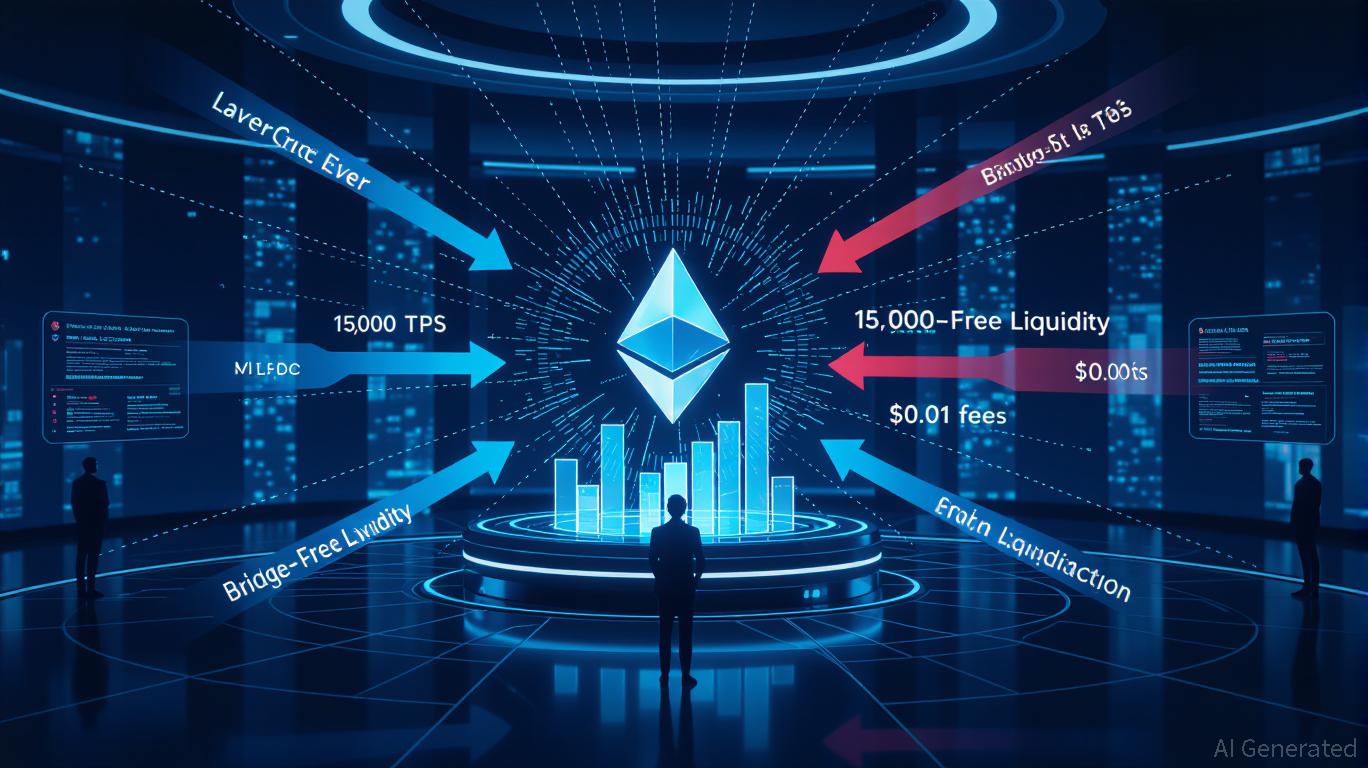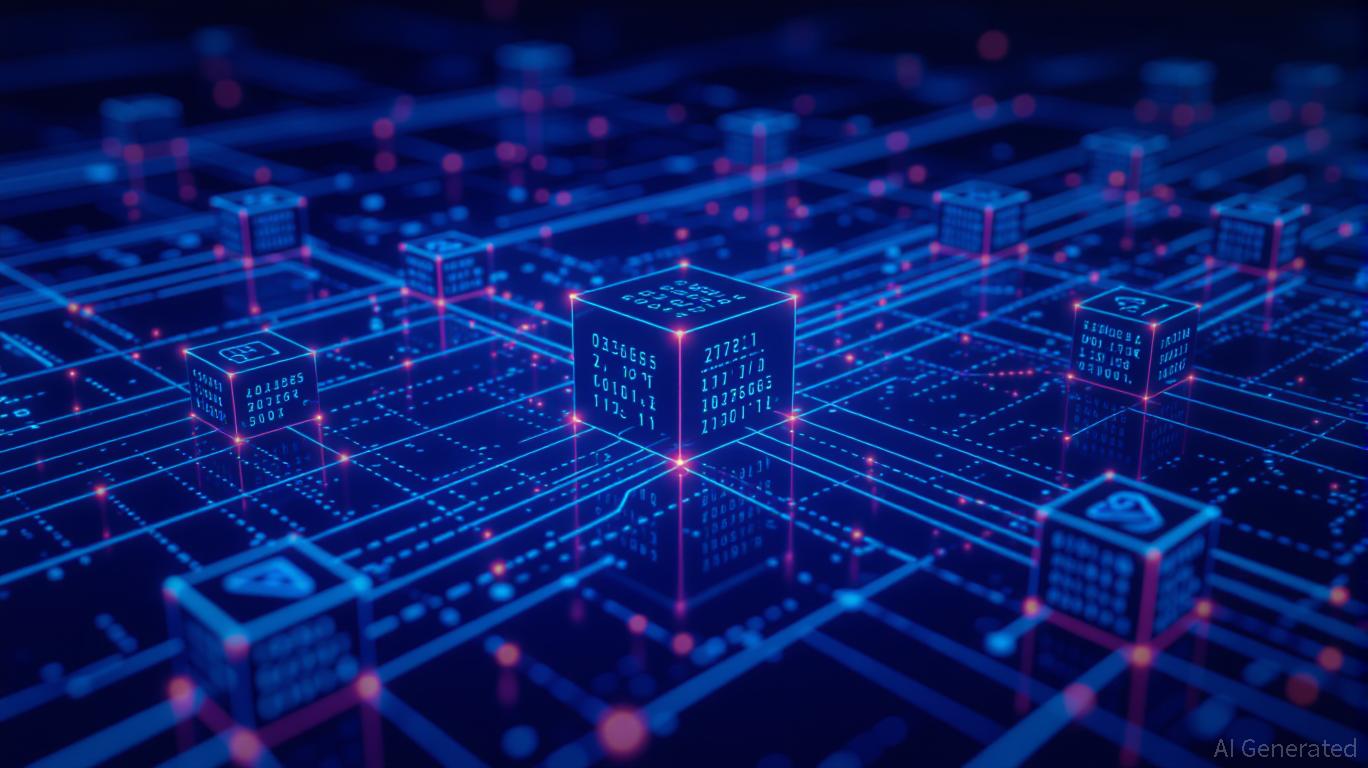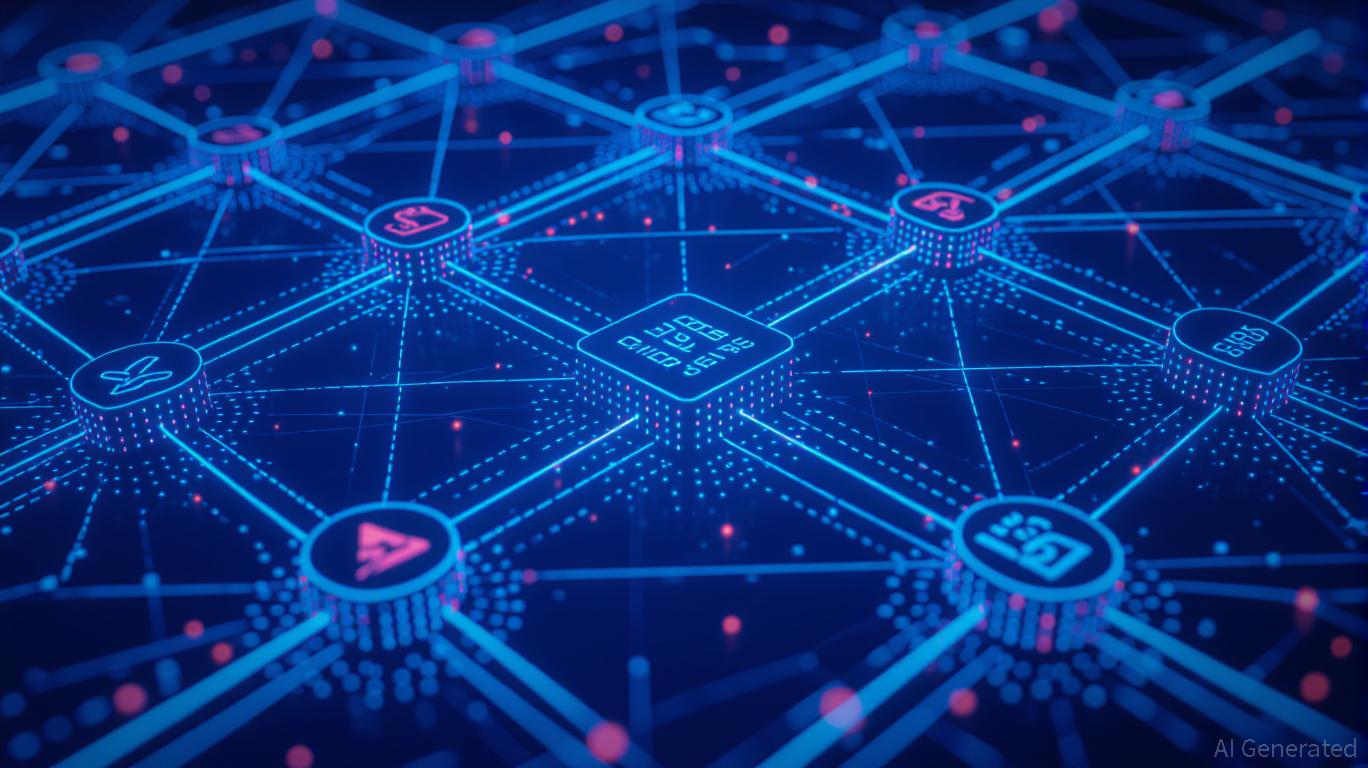Systems Thinking in Supply Chains Influences Today's Leaders, Says Ford's Farley
- Ford CEO Jim Farley argues supply chain mastery is vital for leadership, citing Apple's Tim Cook and GM's Mary Barra as exemplars. - Supply chain disruptions highlighted by First Solar's earnings drop and Kimberly-Clark's $48.7B Kenvue acquisition challenges underscore its strategic importance. - China's resumption of Nexperia chip shipments reveals semiconductor supply chain fragility amid geopolitical tensions. - Farley criticizes traditional four-year degrees for entry-level roles, advocating technica
Ford CEO Jim Farley has strongly advocated for supply chain management as a vital career path for future leaders, emphasizing that expertise in this area is crucial for executive achievement in the interconnected global marketplace. Speaking on the Office Hours: Business Edition podcast, Farley pointed out that supply chain experts gain valuable experience in areas such as international relations, logistics, and risk management—skills he considers directly relevant to leading large organizations,
Farley’s viewpoint is particularly relevant as supply chain disruptions continue to affect various sectors. For example, First Solar, a leading American solar panel producer, recently lowered its 2025 earnings forecast due to canceled contracts and ongoing supply chain issues,
The CEO’s stance reflects wider shifts in business leadership. Tim Cook’s time as Apple’s COO, during which he transformed the company’s supply chain, is widely credited with helping Apple withstand recent trade conflicts and tariff increases,
The need for these capabilities is on the rise. According to the U.S. Bureau of Labor Statistics, jobs for logisticians are expected to increase by 17% over the next ten years,
While Farley’s emphasis on supply chain careers is practical, it also serves as a broader critique of how organizations and educational systems equip people for the future. As global supply chains become more complex due to political and technological changes, the ability to manage these challenges will remain essential for top executives. For now, the business world seems to be taking note—Tim Cook’s rise and the ongoing challenges for major corporations suggest that Farley’s perspective may be ahead of its time.
Disclaimer: The content of this article solely reflects the author's opinion and does not represent the platform in any capacity. This article is not intended to serve as a reference for making investment decisions.
You may also like
ZK Atlas Enhancement: Transforming Blockchain Expansion and the Next Era of DeFi
- ZKsync's ZK Atlas Upgrade (Oct 8, 2025) addresses blockchain scalability and interoperability via modular Layer 2/3 infrastructure. - Achieving 15,000 TPS with RISC-V Airbender prover, it enables near-zero fees and direct Ethereum liquidity access, enhancing DeFi adoption. - ZK token surged 50% post-upgrade, while projects like Grvt raised $19M to leverage its infrastructure, signaling institutional confidence. - Challenges include regulatory uncertainties and legacy system integration, though modular de

The Rapid Rise of ZK Technology: Could This Spark the Upcoming Crypto Bull Market?
- Zero-knowledge (ZK) technology addresses blockchain scalability via ZK rollups, enabling 43,000 TPS and 90% lower costs, as seen in ZKsync and StarkNet upgrades. - Institutions like Deutsche Bank and Sony adopt ZK-based solutions for confidential settlements and rights management, reducing gas costs by 70% for institutional transactions. - ZK rollups drive a $90B Layer 2 market by 2031, with StarkNet’s $72M TVL growth and venture capital inflows signaling institutional validation and commercial viability

Astar 2.0: Transforming Blockchain Foundations and Its Impact on DeFi
- Astar 2.0 enhances blockchain scalability via Polkadot's async protocol, achieving 150,000 TPS and 6-second block times. - Strategic partnerships with Sony , Mazda, and Japan Airlines expand real-world use cases beyond DeFi, including AI logistics and blockchain rewards. - A $3.16M ASTR purchase by a major investor in 2025 highlights growing institutional confidence in Astar’s hybrid infrastructure. - Analysts project ASTR could reach $0.80–$1.20 by 2030 if key upgrades and enterprise adoption milestones

Fed Focuses on Controlling Inflation Rather Than Boosting Economic Growth
- The Boston Fed urges delaying rate cuts until inflation nears 2% target, citing risks of premature easing in a still-inflationary environment. - Atlanta Fed's Bostic emphasizes inflation as the "clearer and more urgent risk" over labor market signals, reflecting hawkish policy divisions. - Fed officials consider resuming asset purchases post-October rate cut to maintain liquidity while avoiding inflationary spikes from tariffs. - Policy balancing act emerges: rate cuts could stimulate growth but risk rei